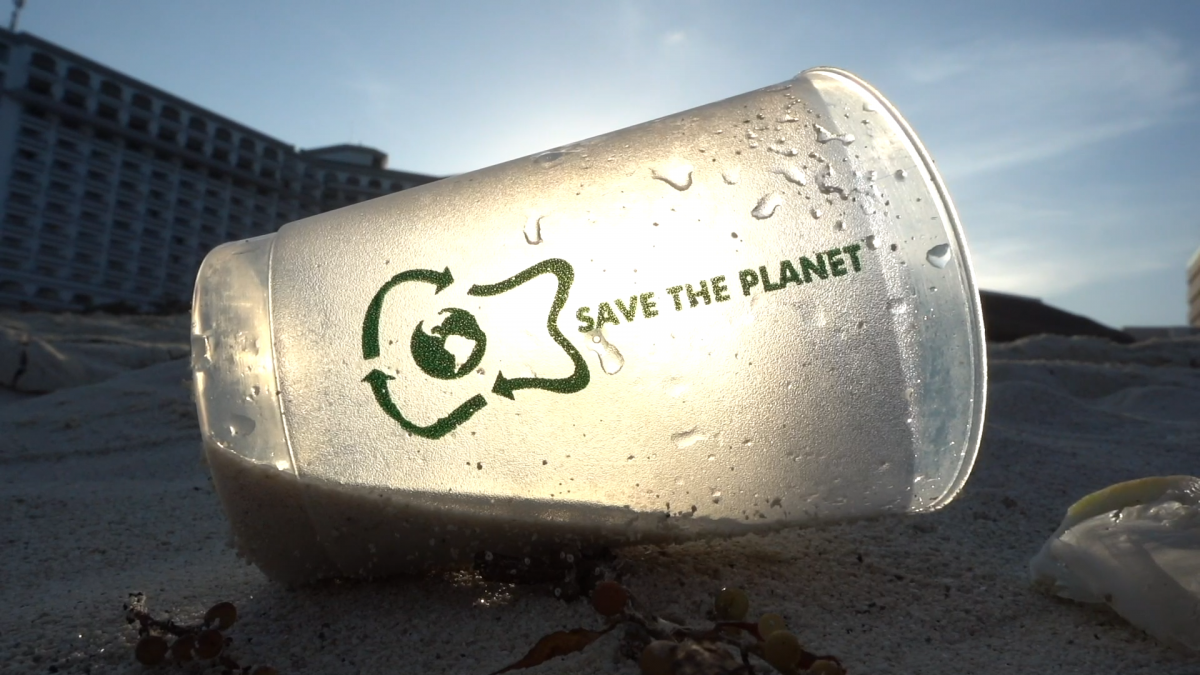By 2050, the ocean is expected to contain more plastic than fish if nothing is done to stem this pollution at source. Most of the waste that pollutes our coasts comes from inland, and most of it is perfectly identifiable. Thanks to participatory science, we know that plastic bottles, food packaging, cigarette butts (which pollute up to 500 litres of water) and fishing waste dot the coastline. Yet this is only the tip of the iceberg, since most of it is found at the bottom of the oceans.
Their consequences are notorious. Their ingestion suffocates marine mammals and birds that swallow them, or can hinder them, preventing them from moving freely and leading to their death. The long-term effects on the human organism are still poorly understood, but we do know that certain plastic particles are endocrine disruptors and can promote the development of cancer in humans.
 © Enrique Talledo
© Enrique Talledo
So what are the solutions to curb this scourge? The problem stems from the systematic use of plastic, and more specifically single-use. While we can take action as consumers and give preference to reusable products, it is also essential to legislate at industrial level to limit and penalize the marketing of single-use plastics.
This is what the European Union has started to implement through Directive (EU) 2019/904 on the reduction of the environmental impact of certain plastic products, which aims to ban single-use plastic straws, cutlery, plates, cotton buds and coffee stirrers, among other things, from July 2021. One year after the transposition of this directive, the results are bitter and insufficient, as attested by a report from “Rethink plastic” and Surfrider Foundation Europe (source).
More recently, in September 2022, the European Commission decided to take legal action against 11 member states, including France, as it deemed their measures to transpose the plastics directive to be insufficient. This call to order underlines the lack of concrete measures to combat plastic pollution at source.
What can we do at our own level? Faced with this situation, we have several levers for action at our disposal. First of all, as individuals, we can refuse and reduce our own plastic consumption, by giving preference to reusable items (a water bottle rather than a plastic bottle, a tote bag rather than a disposable bag, using pocket ashtrays, etc.). We can also put pressure on public authorities by supporting associations fighting against pollution. Participatory science is a simple and effective way of taking part in waste characterization and providing input for associations. A number of associations (including Surfrider Foundation Europe) offer to collect waste and characterize it. As part of the LIFE SeaBiL project, you can support our actions by downloading and using the ICAO application.